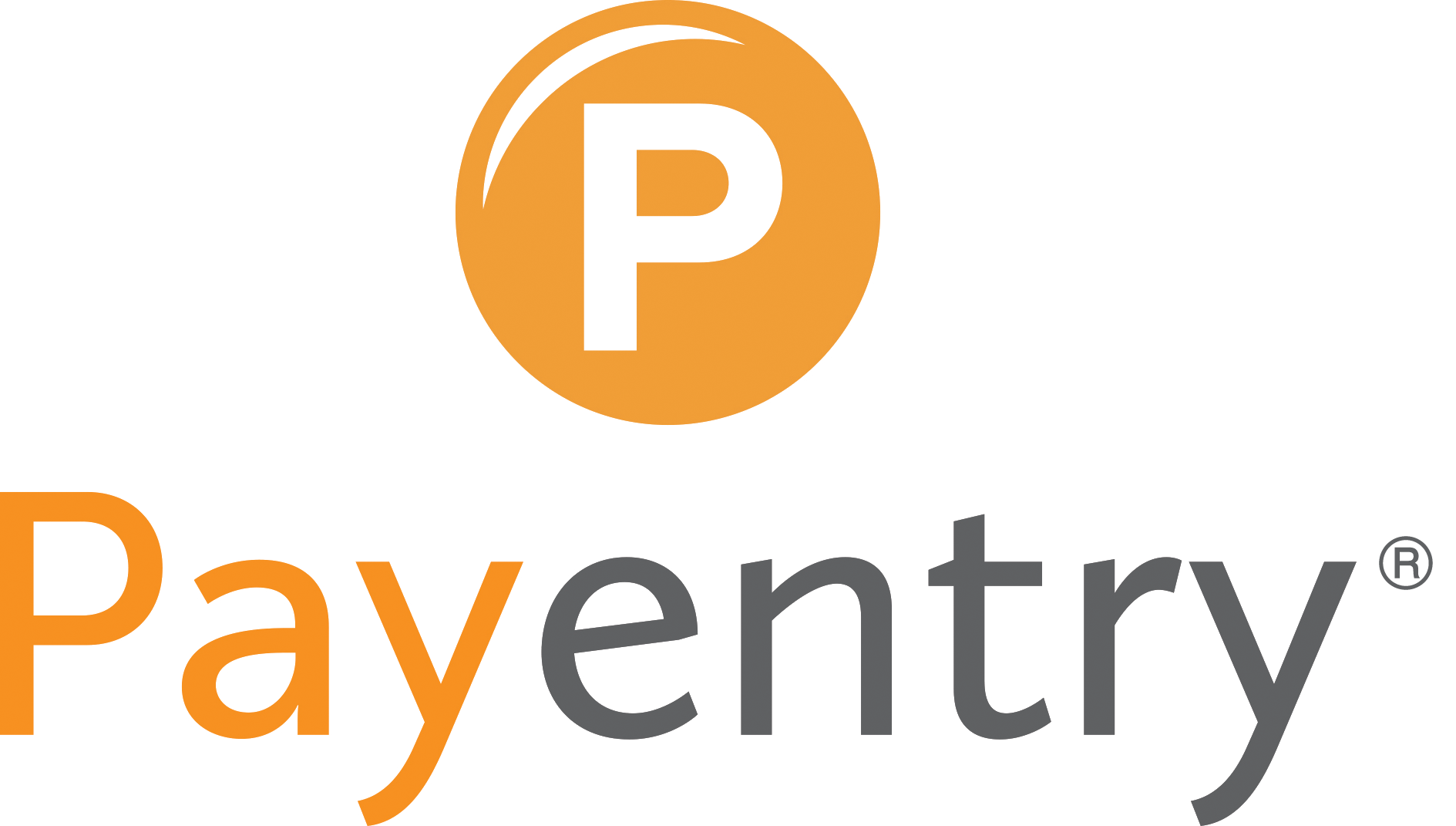
Flexible Pay, Flexible Culture: Supporting Work-Life Balance Through Compensation
In today’s workplace, employees are looking for more than just a paycheck. They’re seeking balance, flexibility, and a culture that supports their well-being. One way companies are meeting this need is by rethinking compensation strategies. Flexible pay models are quickly becoming a cornerstone of modern HR, offering both financial empowerment for employees and strategic advantages for employers.
What Is Flexible Pay?
Flexible pay is the practice of giving employees more control over how and when they access their earnings. This can include options like:
- On-demand pay – Allows employees to access earned wages before payday.
- Custom pay cycles – Weekly, bi-weekly, or monthly, depending on personal needs.
- Incentive-based flexibility – Tying bonuses or perks to performance or lifestyle choices.
By moving away from scheduled, one-size-fits-all payroll schedules, organizations can align compensation with the diverse needs of their workforce.
Why Flexible Pay Matters
Traditional payroll systems can sometimes create stress for employees who need funds outside of the standard cycle. Flexible pay helps address these challenges by:
- Reducing financial stress – Giving employees early access to earnings can help them handle unexpected expenses without resorting to high-interest loans or credit cards.
- Enhancing employee satisfaction – Workers who feel supported financially are more engaged, loyal, and motivated.
- Improving retention – In competitive industries, offering flexible pay can be a differentiator that keeps top talent from looking elsewhere.
Building a Flexible Culture
Compensation is only one piece of the puzzle. To truly support work-life balance, flexible pay is just one part of a broader culture of flexibility that includes:
- Remote or hybrid work options.
- Flexible scheduling.
- Wellness programs and resources.
- Recognition of personal milestones and life events.
When compensation flexibility is paired with cultural flexibility, employees feel seen as whole individuals and not just workers.
The Employer Advantage
Flexible pay is more than an employee perk. It’s a smart business move. Employers benefit through:
- Higher productivity – Reduced financial stress often means employees are more focused at work.
- Stronger employer branding – A reputation for supporting work-life balance makes recruiting easier.
- Lower turnover costs – Satisfied employees stay longer, saving organizations the expense of constant hiring and training.
The future of payroll isn’t just about automation and compliance. It’s about flexibility and empathy. By embracing flexible pay solutions, businesses show employees that their lives outside of work are valued just as highly as the contributions they make to the job.
At Payentry, we help organizations implement payroll and HR solutions that prioritize both efficiency and employee well-being. Because when your people thrive, your business does too.
If you’d like to learn more about how implementing flexible pay, Contact us for a complimentary conversation and learn how we can simplify payroll and HR management for you.
Let’s Talk. Our personnel management professionals provide expert support in payroll, workforce management, human resources, benefits administration, and retirement planning services.
For the latest updates, to view our webinars, and listen to our podcasts, visit and follow us on LinkedIn, Facebook, X, Instagram, YouTube and Spotify.
Learn more about how we can help you achieve your goals, address challenges, and resolve issues with speed and precision by conveniently scheduling an appointment with our team. And to speak directly with an experienced payroll professional, please contact us at 704.632.2940 or simply Click Here and Let’s Talk.
* MPAY LLC dba Payentry (Company), is not a law firm. This article is intended for informational purposes only and should not be relied upon in reaching a conclusion in a particular area of law. Applicability of the legal principles discussed may differ substantially in individual situations. Receipt of this or any other Company materials does not create an attorney-client relationship. The Company is not responsible for any inadvertent errors that may occur in the publishing process.

